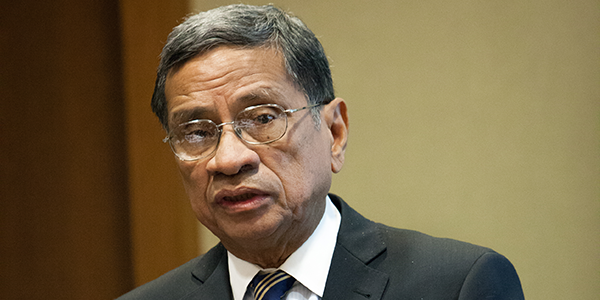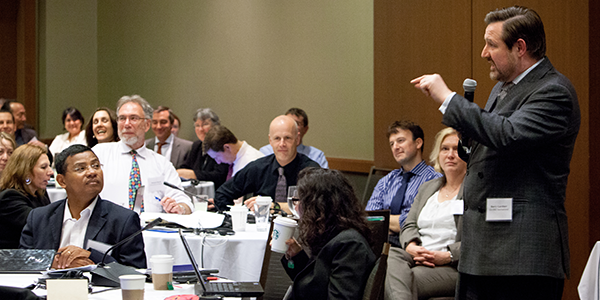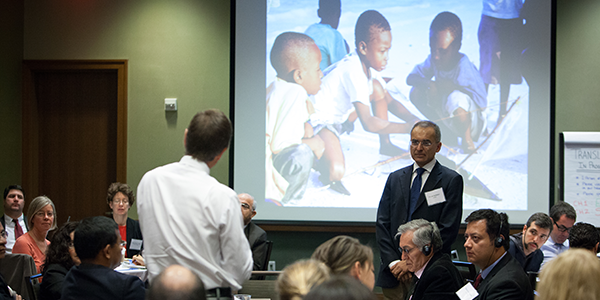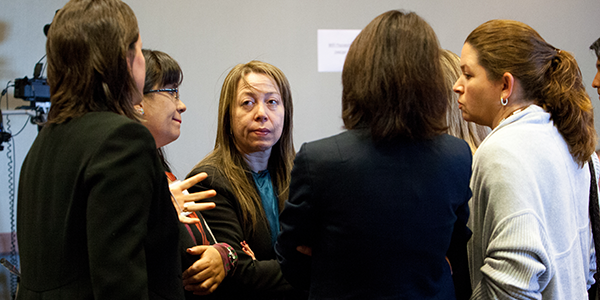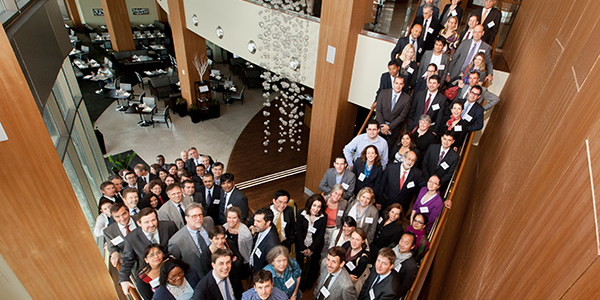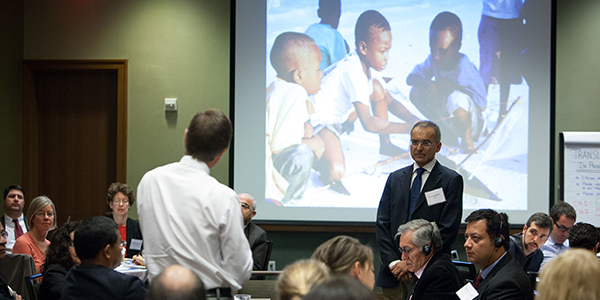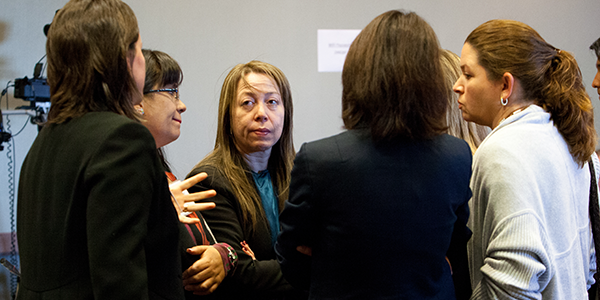The third annual WAVES (Wealth Accounting and the Valuation of Ecosystem Services) Partnership meeting brought together more than 100 experts who are at the forefront of advancing work on natural capital accounting (NCA) as a means to promote sustainable growth and fight issues such as poverty and climate change.
Participants came to Washington D.C between April 9 and 11 from 18 countries and 17 international organizations and included members of parliament, technical experts, donors, UN agencies, civil society, and think tanks. They shared on-the-ground experience, progress with implementation, technical skills and communications strategies.
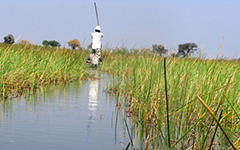
The contribution of agriculture to Botswana's GDP but it used 45% of the country's water resource
The dynamic forum came together at a time of great progress on the topic as the core WAVES partner countries (Botswana, Colombia, Costa Rica, Madagascar and the Philippines) transfer their work plans into action and as new countries come on board. (Agenda and Presentations)
At the Rio+20 summit last June 62 new countries signed up to support natural capital accounting and earlier this month Egypt, Lebanon and Morocco expressed interest in order to encourage green growth, poverty reduction and job creation.
In her address to the gathering, World Bank Vice President of the Sustainable Development Network, Rachel Kyte, challenged partners to push ahead "further and faster" on NCA so results can be used to shape policy and economic decision making.
"The sooner we have indicators and evidence and data sets that come from the foundation of work that you do the better," said Kyte. "Our ultimate goal is that finance ministers and planning ministers see the value of natural capital," said Kyte.
Scaling New Heights
Once a topic reserved for statisticians, natural capital accounting has reached new heights over the past year. A wide-ranging audience including economists, policy makers, scientists, academics and members of the private and public sectors have taken notice that natural capital (such as forests, minerals and water) provides economic values often unaccounted for in traditional measures of wealth like gross domestic produce (GDP), and therefore left out of important decision-making processes.
These values can be captured through natural capital accounting. For example, ecosystem accounts consider services provided by natural resources including their regulatory services (i.e. air and water filtration and climate regulation by forests), provisioning services (i.e. food and fuel) and cultural services (i.e. income derived from tourism and recreation), explained UN Statistician, Carl Obst, the editor of the System of Environmental-Economic Accounting (SEEA).
NCA is especially important in developing countries where economic activity and livelihoods, particularly of the poor, critically depend on natural capital.
During a session on engaging legislators to support NCA, members of parliament from seven countries stressed the importance of recognizing legislators as a powerful ally to bring around the table to implement and sustain efforts.
British Parliamentarian and Chair of the GLOBE Natural Capital Initiative, Barry Gardiner, drove home the idea that policy makers will listen when they understand the concept that "it’s about turning things that (appear to) have no value into something that has value…it is important that this community talks to us (legislators)."
The challenge is making the concepts of natural capital accounting useful and understandable by decision makers and across institutions.
“Decisions are usually influenced by politics more than economists, but WAVES will be instrumental in shifting that around once the accounts show where the gaps are,” said Charity Kruger, the incoming WAVES country coordinator for Botswana.
Botswana’s recently completed water accounts showed that in 2011 45% of the country’s water went to agriculture, but the sector only contributed 2% to GDP, a fact that stunned policy makers when presented to them.
Some examples of recent work on natural capital accounting efforts include:
- Australia’s work on water accounts is helping the country manage this increasingly scarce resource
- Kenya’s work on forest accounts can guide many other forested countries to recognize the contribution that forests make to their economies
- The work in Canada, the Netherlands and Norway on energy accounts can help more countries plan for carbon pricing
- Botswana’s water accounts are proving essential to the country’s continued economic growth and diversification
"Natural capital accounting has grabbed the attention of countries around the world. This is a watershed moment and we are really making a difference," said Glenn-Marie Lange, a senior environmental economist at the World Bank and WAVES program manager.
Participants brainstormed how to expand and scale up efforts and defined "what success would look like." Ideas included having a common platform for ecosystem data, building upon and replicating successful cases, integrating NCA at a regional level, creating a common language, scaling up funding, and effecting policy decisions through the use of NCA.
A High-Level Ministerial Dialogue on NCA will take place in Washington, DC on April 18, just ahead of the World Bank-IMF Spring Meetings, that will be attended by over 30 ministers and senior policy makers from departments of finance, environment, planning and development, to discuss ways to turn this enthusiastic commitment from countries into action.

